Lessons from the Lockdown: Leadership and Performance Shifts
When this is all over, what will remain of the learnings from the lockdown? Who will we BE? What we will keep doing and stop doing is on everyone’s mind.
As terrible as this pandemic is, how much sickness and death it is bringing, how much economic hardship and uncertainty it is causing, it’s also a massive reset button. It’s an opportunity to pause, reflect, and reframe. It’s also exacerbated some fissures in society that were in existence, but that we chose to ignore. We can’t ignore these anymore.
I partner with leaders to transform their mindsets and behaviors so that they lead and live wholeheartedly and powerfully. What is emerging are some leadership practices and mindset shifts that are increasingly relevant and coming to the forefront. I outline those below, and also bring in some key practices to achieving an essentialist mindset from a book I read some years ago that are even more relevant today: Essentialism: The Disciplined Pursuit of Doing Less. I then conclude with some performance shifts that I hope will be sustained in the post-COVID-19 reality.
Several leadership practices that have been around and applied in a piecemeal fashion are becoming increasingly significant and observed. First and foremost GRATITUDE. It’s in the small things. People are thankful and appreciative of the simplest of acts. Second, the pause caused by the pandemic is allowing people to THINK AND REFLECT. Third, reassessing PRIORITY and FOCUS. Fourth and final, we are valuing LEADERS AT ALL LEVELS. We are noticing heroism where we tended to overlook before: in essential contributors such as health care workers, delivery people, grocery store cashiers, pharmacists, and the list goes on.
In his book Essentialism: The Disciplined Pursuit of Doing Less, Greg McKeown talks about essentialism as a MINDSET, as the art of discerning between external noise and internal voice. It has not been so critical as it is today. “Our whole society has become consumed by the undisciplined pursuit of more. The only way to overcome this problem is to change the way we think—adopt the mindset of only doing the things that are essential—and do it now.” The idea of Essentialism comes from the challenges that we are all now noticing: taking on too much, saying yes to everything, being pulled in so many directions, and most importantly, letting it affect other areas of our personal lives.
To have an essentialist mindset requires the following:
1) Pause
Before saying yes, take a pause. It’s most often than not okay to say “let me think about it” and “I’ll get back to you”. Greg McKeown says “It’s a good idea to recognize the value of contemplation versus impulse. Create pause with your decisions, even with your boss, and properly identify the essential. Make a decision based not on external pressure. Make it based on internal clarity of purpose.”
2) JOMO
Move away from FOMO, or the Fear Of Missing Out, to JOMO, the Joy of Missing Out. Relish in missing out on the non-essential. This is often particularly hard for us! Place value on making the decision to pass on something and understand that missing out can manifest itself in opportunities elsewhere. “We’ve been oversold the value of more and undersold the value of less.” A question I often ask my clients is “What will be the benefit to you, to others, to say no?”.
3) Lose the popularity contest
Be ok with missing out on that non-important meeting, with what you lose short-term from a drop in popularity. ‘Too many meetings’ is the number one distraction listed by executives. When people question your absence, apologize and ask what they need you to contribute. The long-term respect you gain from real results, real work, real contributions, and real tangible value free of politics outweighs the loss in popularity votes. Real results are where the rewards lie. Do the real work, let the non-essential fall away. Business leaders like Warren Buffett, Bill Gates, Sara Blakely, set aside at least 1 hour a day (in the case of Warren Buffett it’s 5-hours a day) to reading, reflecting and experimenting.
4) Priority (not priorities)
“Life is not an all you can eat buffet. It’s amazingly great food. Essentialism is about finding the right food. More and more is valueless. Staying true to my purpose and being selective in what I take on results in a more meaningful, richer, and sweeter quality of life.” Not everything is important. Life is not a set of almost equal activities. The con of “busy-ness” is that things always start to feel of about the same importance.
From learning and applying the essentialist mindset, the clarity that comes with it and the newfound appreciation we are seeing, what I hope to see sustained in a post-pandemic world, are the following 6 leadership focus and performance shifts:
1) Intentional and wholehearted leadership.
2) Focused priority and pacing, moving away from hurried decisions and being more thoughtful and mindful.
3) Real work, real outcomes; a move away from looking good to being good.
4) More targeted personal communication. Treating each other with respect.
5) Increased trust in employees and strategically integrated teleworking, not on an ad-hoc basis.
6) Consistent, adaptive innovation.
We’re all in this together. Let’s all take the time to pause, reflect, reset and draw out what’s really important.
If you want to find out more, contact me for a complimentary exploratory session.
